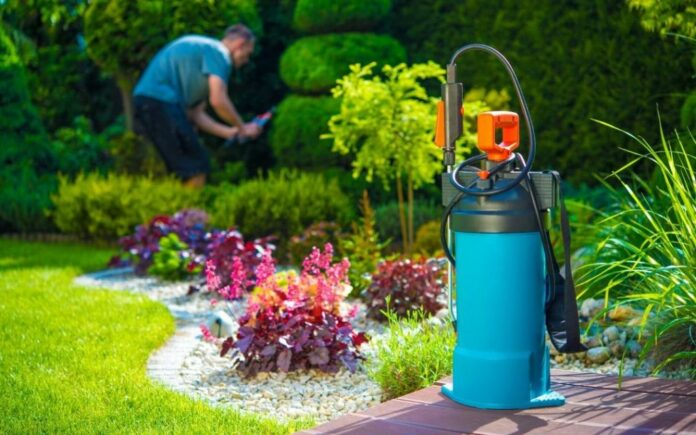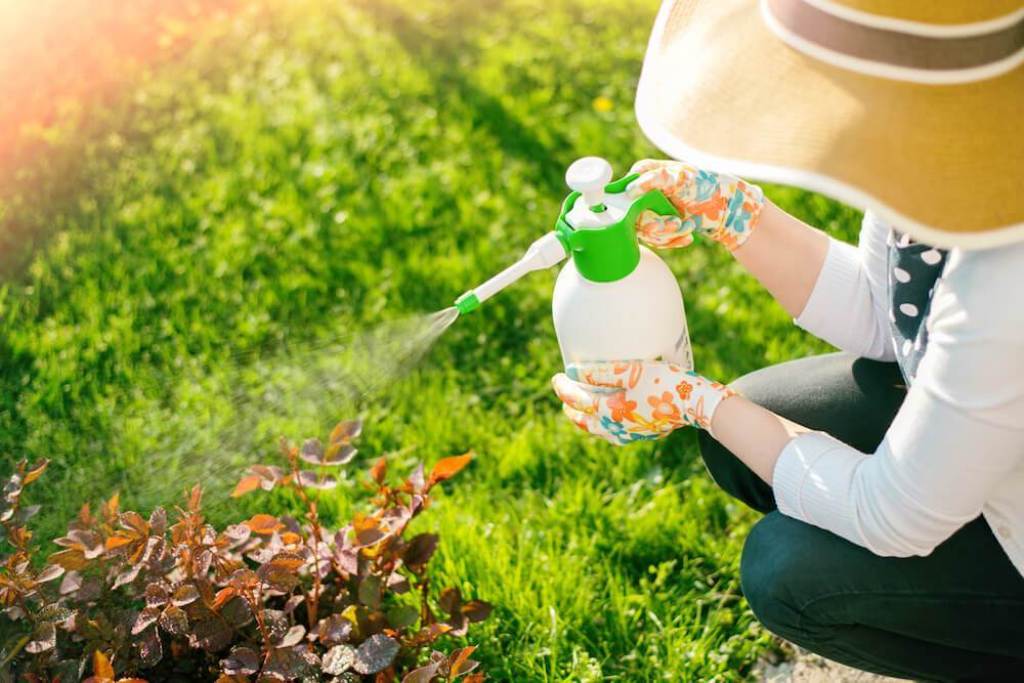Pests are creatures or organisms that harm the ecology or habitat they are in. In other words, pests are harmful to their immediate surroundings. These pests can come in many forms, and some can even be microscopic, but they nonetheless destroy all that is around them. Pests can be found within and outside the home, and they can be of real nuisance value on things around them, including plants, farm animals, pets, and even humans, creating great discomfort, physically and psychologically, and some also spread diseases, some of which could be severe. That is why it is necessary to get rid of them, and White Horse Pest Management has put together some ways to get rid of these unwanted creatures.
First, one has to understand that pests, at times, are just normal or even everyday organisms we see. For example, if you have a strawberry garden, it may be usual, but an unpleasant sight to see squirrels invade your crops, and eat the fruits. Squirrels are normal animals, but in that situation, they are regarded as pests, since their presence on your farm has a negative effect, spoiling your crops. So one may say that “pest” is merely a tag, since squirrels may not be considered a pest in another environment. And so it is with certain plants too, whose presence in a particular area may be detrimental to other plants around, especially in places like a farm. We also have ants and flies and cockroaches within the homes that can make everywhere dirty, spreading germs and diseases. So wherever these pests are, they act almost the same way.
What pest management involves is finding mitigation strategies or ways to reduce the actions of these pests to the barest minimum, or eliminate the pests themselves, if possible, totally, so one can be free of them.
Means Of Effective Pest Management
As noted above, pest management is getting rid of these pests, eliminating them, or limiting their area of damage. Understand that some pests cannot be completely gotten rid of, but enough effort must be applied to, at least, reduce their area of damage, and even reduce their numbers.
To achieve that, you must decide on the best possible means to approach this. Some of such means include:
Physical
This involves applying physical barriers, such as fences and ditches to prevent the movement of these pests, or setting up traps to detain them or even kill them. It also includes removing them, as in the case of plant pests, which you uproot to allow the other crops to grow properly.
Chemical
This has to do with the use of pesticides or insecticides which you apply to the area where these pests are, in other to kill then. There are a number of ways to apply these chemicals, with the most popular being spraying, especially around the home. These chemicals can cause serious damage to the pests and may eliminate them.
Biological
Using these means, you deal with the pests with other organisms or animals. If you might be facing a rodent problem, introducing a cat or two into the home would greatly reduce this, as cats and rodents are not exactly the best of friends. Also having geckos around can take care of your ants and other insects. So you are allowing nature to be your weapon here.
These are just some very popular means of pest management. However, in recent years, there has been the rise of a new way to manage pests, called Integrated Pest Management (IPM). This aim of IPM is to reduce the effect of pests as much as possible with almost natural means. Pesticides and other chemical options are rarely considered, and if so, are the last option. Even then, non-toxic pesticides are used. IPM is particularly concerned with the prevention, that is, putting things in place to prevent the breeding of such pests in the first place, this includes regular checks, especially of the environment, like getting rid of stagnant water around to prevent the breeding of certain pests, like mosquitoes.
Whichever way you may decide to employ, it is pertinent to understand that pests should be given adequate attention, and one must begin controlling or eliminating them as soon as possible, otherwise, there could be a risk of an epidemic, especially among the human population. The point of pest management is not necessarily to eliminate these pests totally but to put them in a position where they no longer pose a threat to your well-being, and your entire environment.




















